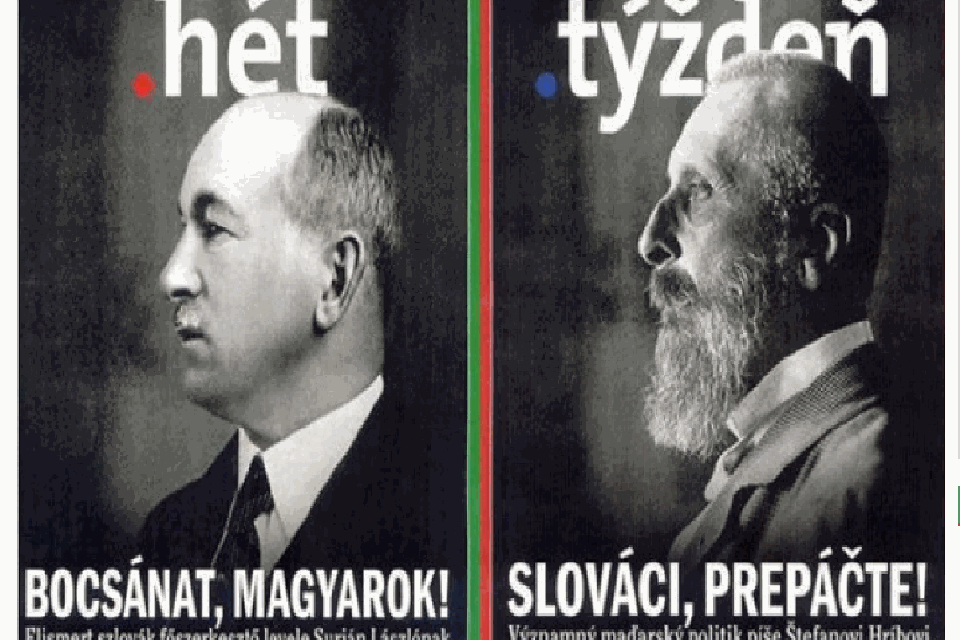In a 1990 article, Erhard Busek mentions the suggestion of an unnamed Soviet writer: everyone should prepare their own black book, which should have two parts: one, what the given nation has done harm to others, and the other, what good has been received from others. A beautiful thought. However, it is more difficult to implement.
Let's start right away with an example: in which chapter should the "Lex Apponyi" be placed? The law provided teachers with a significant remuneration and gave non-Hungarian-speaking students a chance to speak the state language at an acceptable level, which benefited them in terms of their future prosperity. Still, it caused indignation among the nationalities, because they felt - not without some basis - that a conscious process of explanation was beginning.
We could talk about this for a long time, but it is a fact that the neighboring nations saw this law as an attack against them, and even today it is a sore spot for them. In 2013, after Štefan Hríb's award , the weekly Týždeň (Hét) was published with a Hungarian-Slovak language cover, with Apponyi's picture on the cover and the words "Slovaks, sorry!" with inscription, and on the reverse side Beneš's portrait and "Sorry, Hungarians!" an inscription was read. The criticism of the Lex Apponyi is therefore an important element of reconciliation.
I don't know if Mr. Beneš ever apologized to us for the deprivation of rights he ordered, amounting to genocide.
However, "Slovak, Prepáčte" is based on a real fact. Albert Apponyi realized our mistake.
On the occasion of his seventy-fifth birthday, he received the Hungarian correspondent of the Associated Press and, according to the report of 8 Órai Ujság, he said to him, among other things:
" A regrettable mistake was made with our nationalities. They never groaned under oppression, nothing ever happened to them that even came close to the cruelty with which Hungarian minorities are treated today. But we were wrong, including myself, when we did not notice the metamorphosis of our nationalities, by which they turned from unconscious masses into self-conscious national minorities".
Even the very critical Népszava of the time reported on this statement with appreciation. Those who today defend our post-conciliation nationality policy with ardent, but exaggerated patriotism, should keep Count Apponyi's self-criticism in mind.
Lex Apponyi did not appear out of nowhere. Its history goes back to at least 1844. This year, on November 13, Act II of 1844 on the Hungarian language and nationality, which made Hungarian the state language, was adopted. law. The last point of this law is the following: " Section 9. His Majesty is graciously pleased to make orders for Hungarian to be the language of public education in schools within the borders of the country."
In 2011, the Parliament declared November 13 the day of the Hungarian language. It is worth quoting the first point of the resolution here: "The Parliament, recognizing that the unity of the Hungarian nation is best expressed by our main spiritual cultural heritage, our national language - respecting the traditional linguistic diversity of our country, while at the same time assuming responsibility for the right of minorities to use their language - the development of the nation and in order to express his appreciation for the Hungarian language, which serves both to preserve its traditions, the law making the Hungarian language official, Act II of 1844 on the Hungarian language and nationality. declares November 13, the day of the adoption of the law, as the day of the Hungarian language. "
Respect for the traditional linguistic diversity of our country, which was natural for many centuries, is missing from the 1844 law, although it was not created against the nationalities, but its effects were to their detriment.
The full text of Felvidek can be read here.
Author: László Surján












